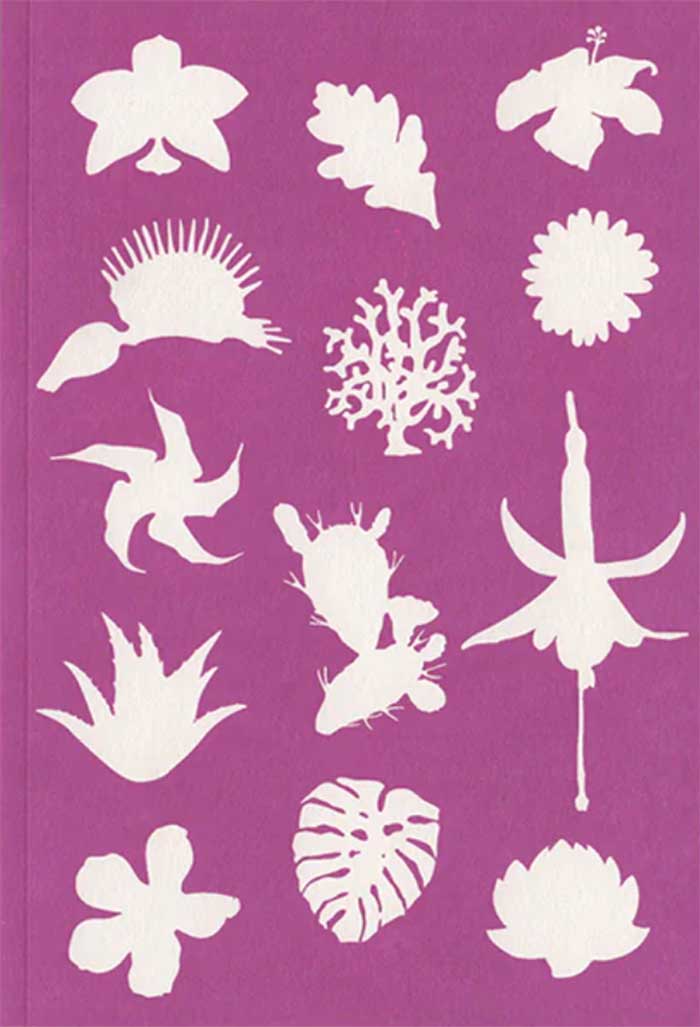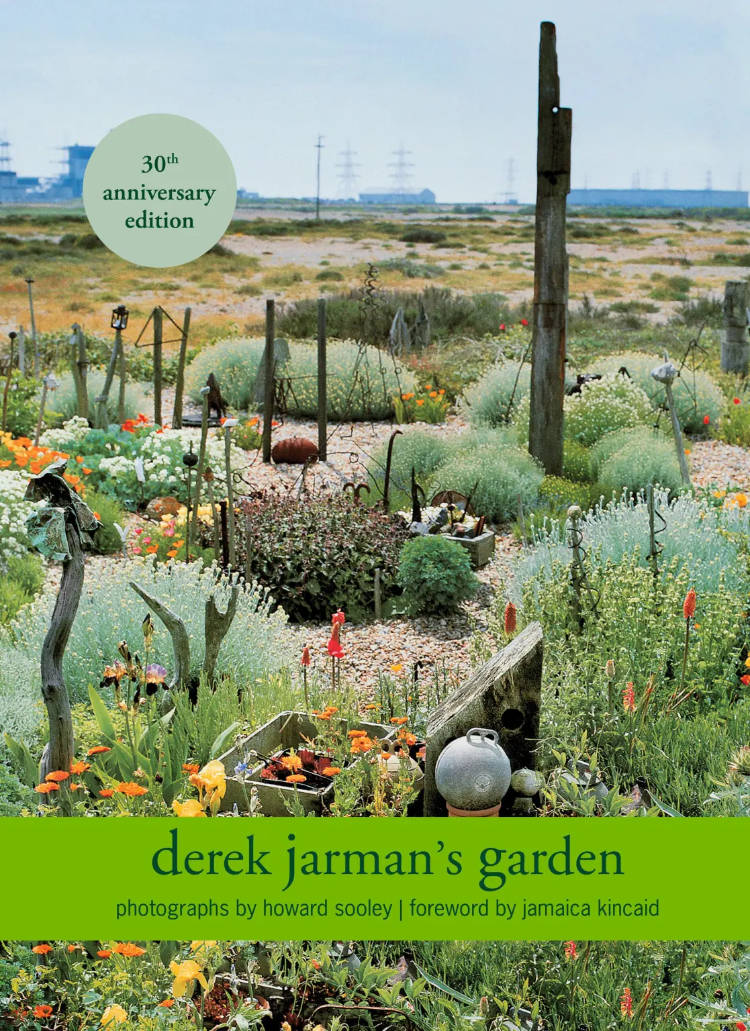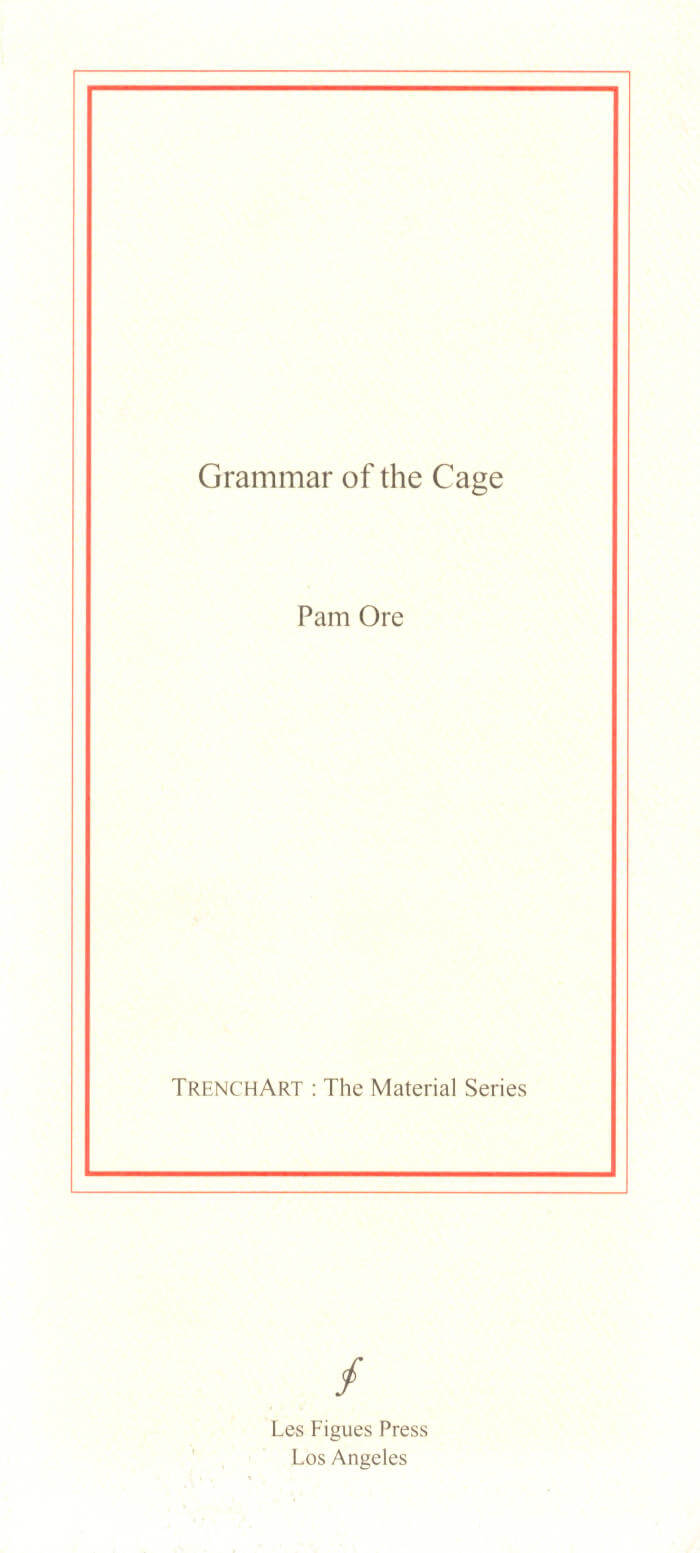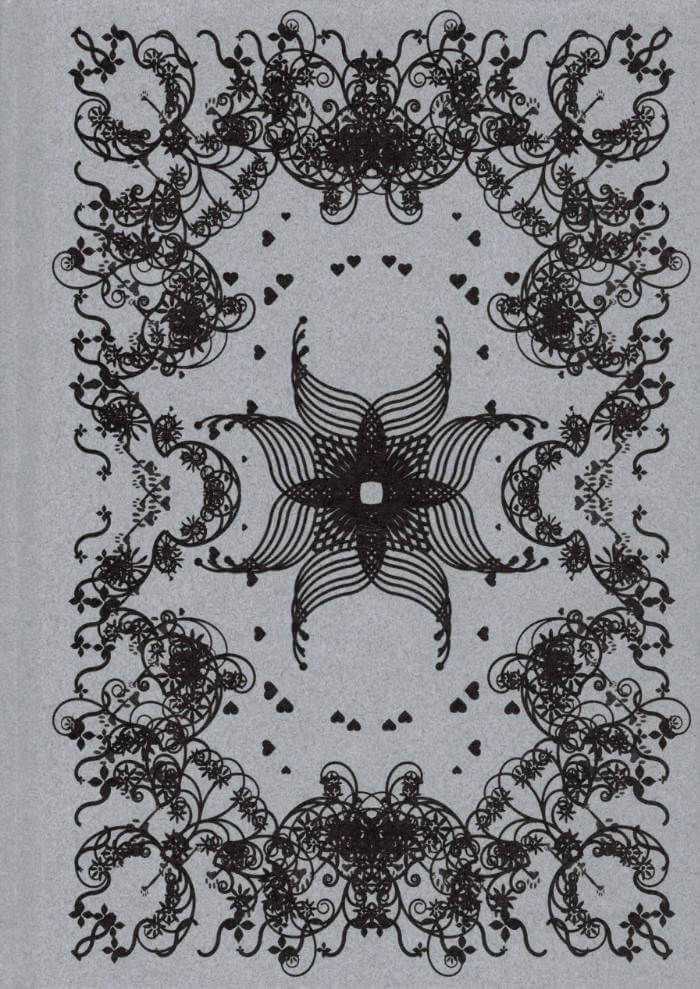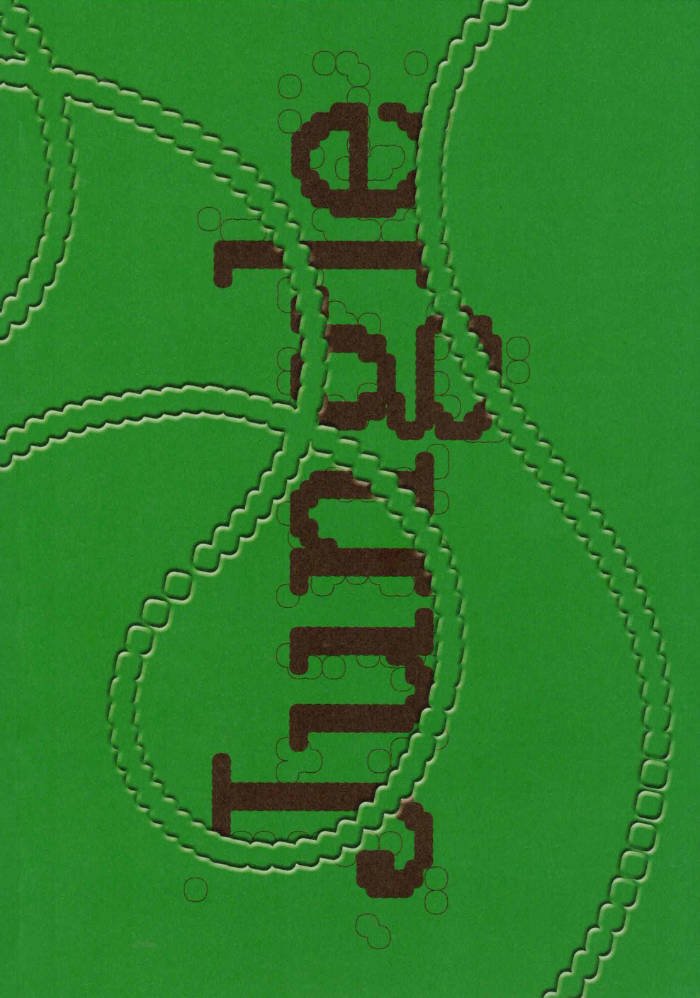
Making Kin
Institute for Postnatural Studies
When we practice becoming with another’s experience, we practice empathy. When we embody collectiveness, we understand ourselves as a whole and therefore feel no separation. What would it be like to inhabit a body without limits or definition? Which words and meanings make us feel like “non-animals”? The literary genre of xeno fiction proposes an exercise of ethological research and imagination, placing our body inside another’s perspective. This publication convenes writers and non-writers that have experimented with animal embodiment to create literary works and visual interpretations that explore different ways to experience “otherness.” In this volume of the Making Kin series, we focus on non-human animals and hybrid bodies.
Authors: Zoë De Luca Legge, Esther Merinero, Eva Piay, John Kazior, Jorge de la Cruz, Marianne Hoffmeister Castro , Luca E. Lum, Anonymous, Paula Proaño Mesías, Laura Dominguez Valdivieso, Adèle Grégorie, Morgan Wood

